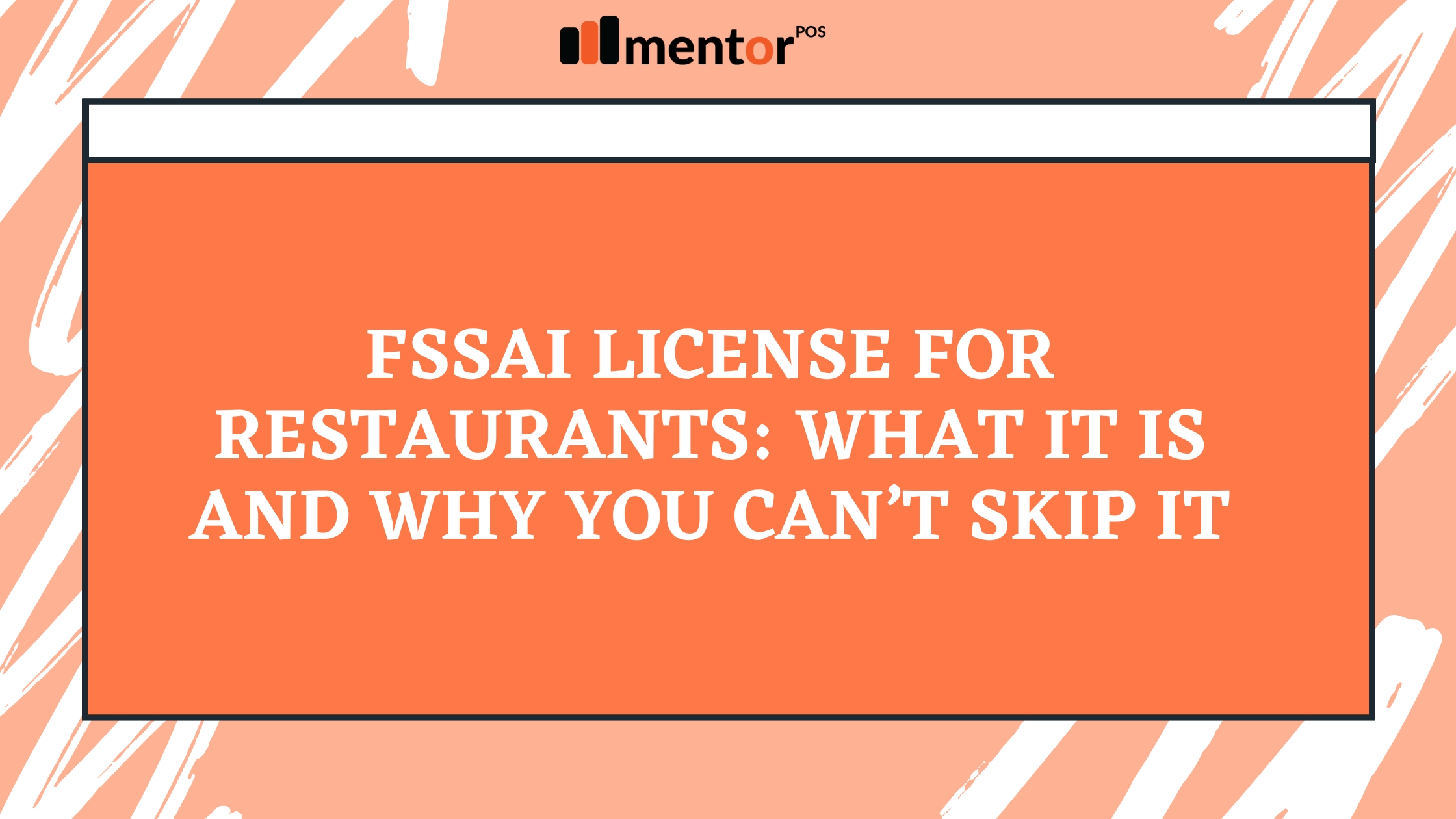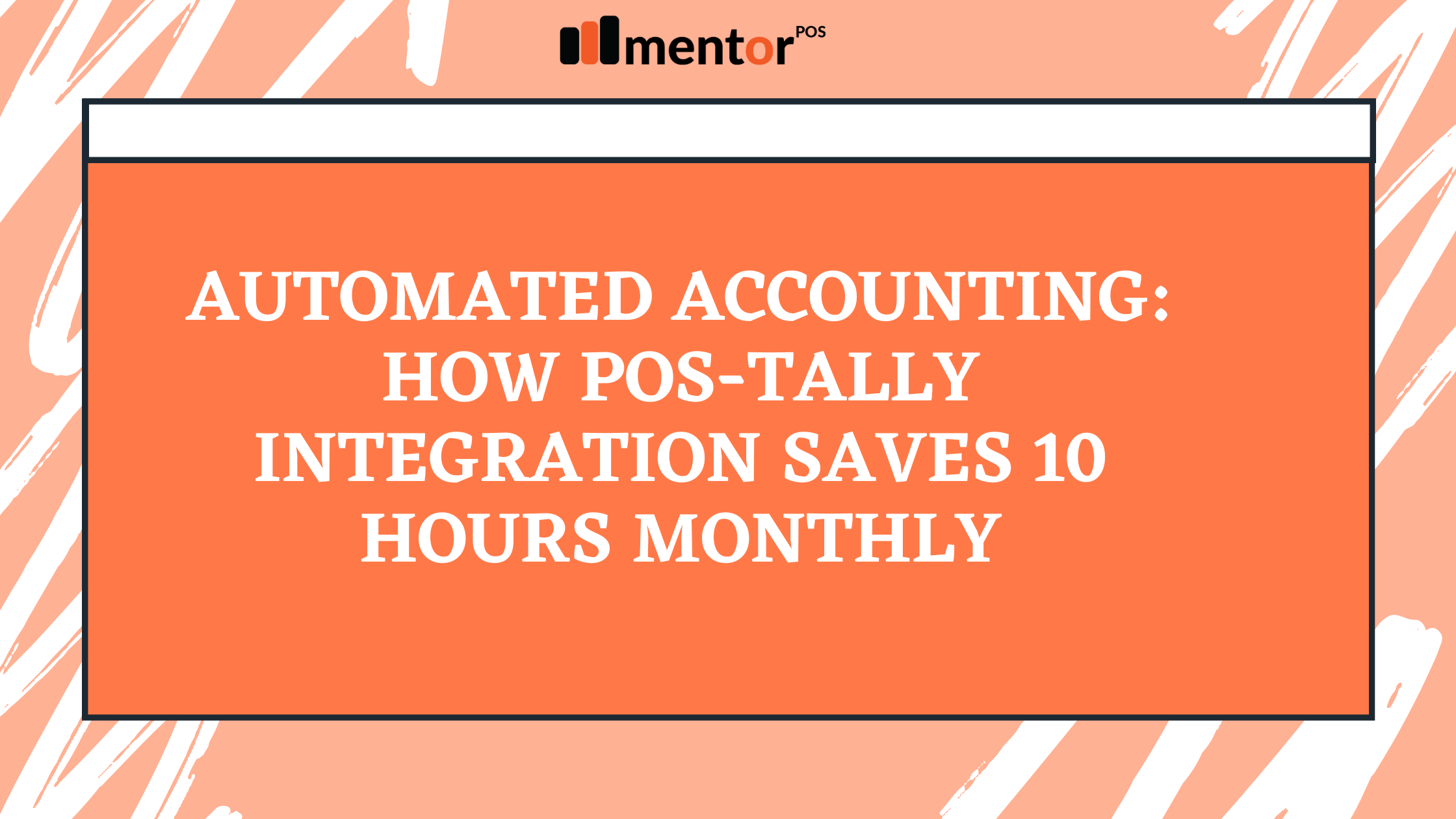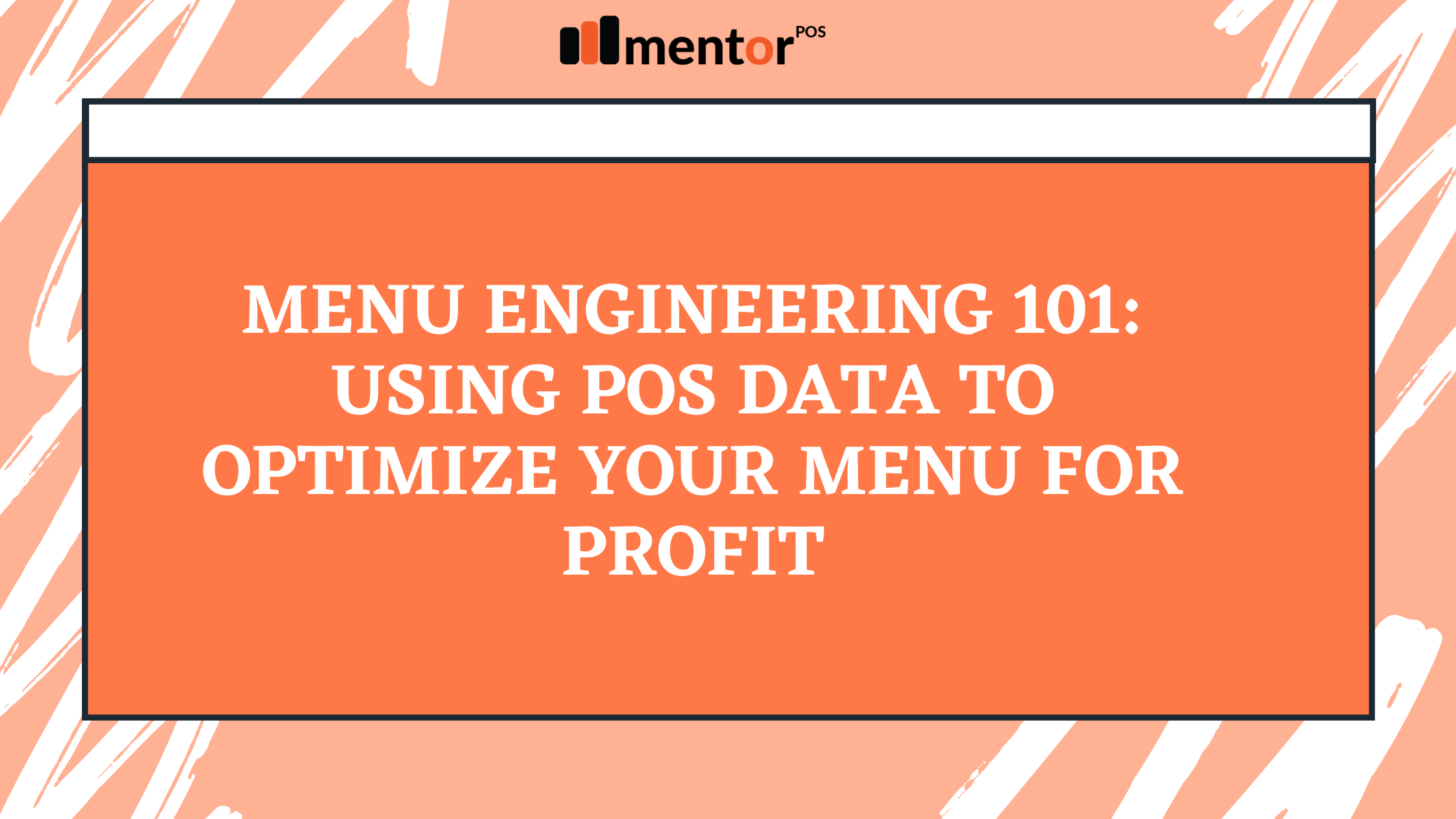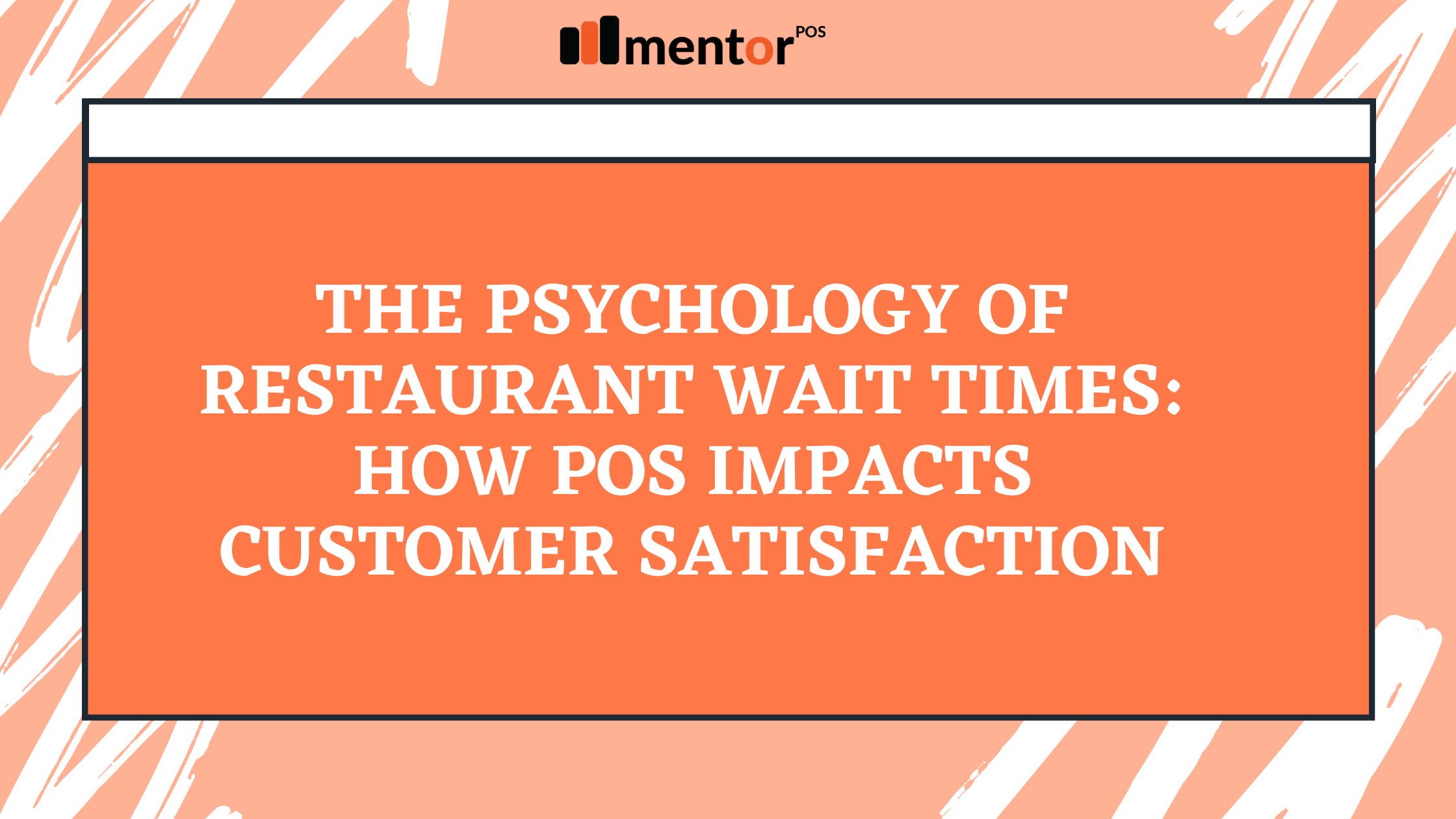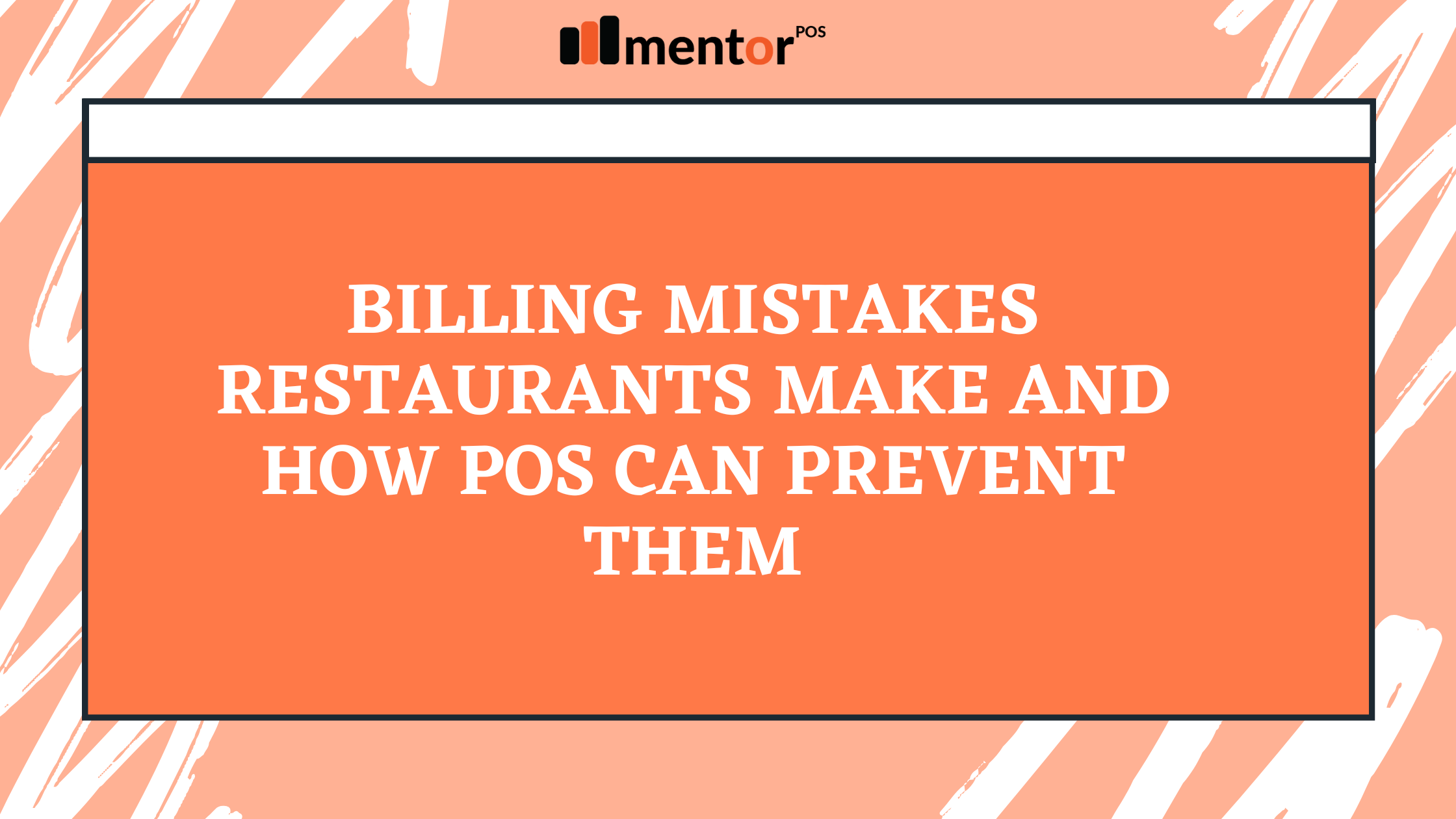Running a restaurant is not just about delicious food, good ambiance, or prompt service—it’s also about ensuring food safety and regulatory compliance. In India, the Food Safety and Standards Authority of India (FSSAI) plays a crucial role in maintaining food quality and protecting public health. If you own or plan to start a food business, getting an FSSAI license is not optional—it’s mandatory. This blog breaks down what the FSSAI license is, why it matters, and how it can actually benefit your restaurant.
What is an FSSAI License?
The FSSAI license is a 14-digit registration or license number issued by the Food Safety and Standards Authority of India to all food-related businesses. This number must be printed on all food packages or displayed in the restaurant premises. The license serves as proof that the establishment complies with food safety standards as per the FSSAI Act of 2006.
There are three main types of licenses, depending on the size and nature of the business:
- Basic Registration – For small businesses with turnover below ₹12 lakhs per annum.
- State License – For medium-sized businesses with turnover between ₹12 lakhs and ₹20 crores.
- Central License – For large food chains or businesses with operations in multiple states and turnover above ₹20 crores.
Why FSSAI License is Mandatory for Restaurants
1. Legal Requirement
First and foremost, an FSSAI license is a legal mandate under the Food Safety and Standards Act. Running a food business without this license can lead to serious legal consequences, including fines, business closure, and even imprisonment in severe cases. Regulatory authorities conduct surprise inspections, and failure to present a valid license can result in penalties.
2. Consumer Trust and Confidence
Customers today are more health-conscious and informed. Seeing an FSSAI license on the premises or food packaging signals that your restaurant takes food safety seriously. It builds trust and credibility, which can lead to more repeat customers and positive word-of-mouth.
Benefits of Having an FSSAI License
1. Better Business Opportunities
Whether you’re partnering with food aggregators like Zomato or Swiggy, or expanding through cloud kitchens and franchises, an FSSAI license is often a prerequisite. Aggregators and business partners typically ask for this license to ensure that safety standards are met.
2. Improved Hygiene and Food Quality
FSSAI requires licensed businesses to follow specific hygiene protocols and quality standards. This ensures a safer kitchen environment, cleaner food handling, and ultimately, better-quality dishes being served to your guests. It promotes a culture of cleanliness, which is beneficial for long-term success.
3. Funding and Expansion Made Easier
When you’re applying for loans, investments, or venture capital, having all your licenses in place makes your business look professional and well-organized. An FSSAI license is one of the most important documents investors and banks look for when evaluating your compliance status.
Common Misconceptions
Some restaurant owners believe that a license is only necessary for large restaurants or chains. That’s not true. Even a small street-side vendor or cloud kitchen is required to have at least basic FSSAI registration. Others think it’s a one-time process, but the license needs to be renewed periodically to remain valid.
How to Apply for an FSSAI License
- Visit the FSSAI website: https://foscos.fssai.gov.in
- Choose the appropriate license type based on your annual turnover and scale.
- Fill out the online application form, upload required documents like ID proof, business address proof, and kitchen layout.
- Pay the applicable fee based on the license type and duration (1–5 years).
- Inspection and approval: Authorities may conduct an inspection before granting the license.
- Receive your license via email or the portal dashboard.
The entire process has been digitized and simplified to promote ease of doing business. Still, many restaurant owners choose to go through a consultant to speed up the process and avoid errors.
What Happens if You Don’t Get One?
Operating without a valid FSSAI license is risky and can severely impact your business. Here are the possible consequences:
- Fines ranging from ₹25,000 to ₹5 lakh.
- Business closure or seizure of products.
- Legal action and bad publicity.
- Loss of business partnerships and aggregator listings.
In short, skipping this license is not worth the risk.
Conclusion
Getting an FSSAI license might seem like just another bureaucratic step, but in reality, it’s a vital asset for your restaurant business. It ensures food safety, enhances your brand’s credibility, and opens doors to partnerships and growth. More importantly, it reflects your commitment to serving safe and quality food to your customers.
Whether you’re a new entrant in the food industry or an established restaurateur, don’t overlook the importance of FSSAI registration. It’s not just about compliance—it’s about building a brand your customers can trust.

